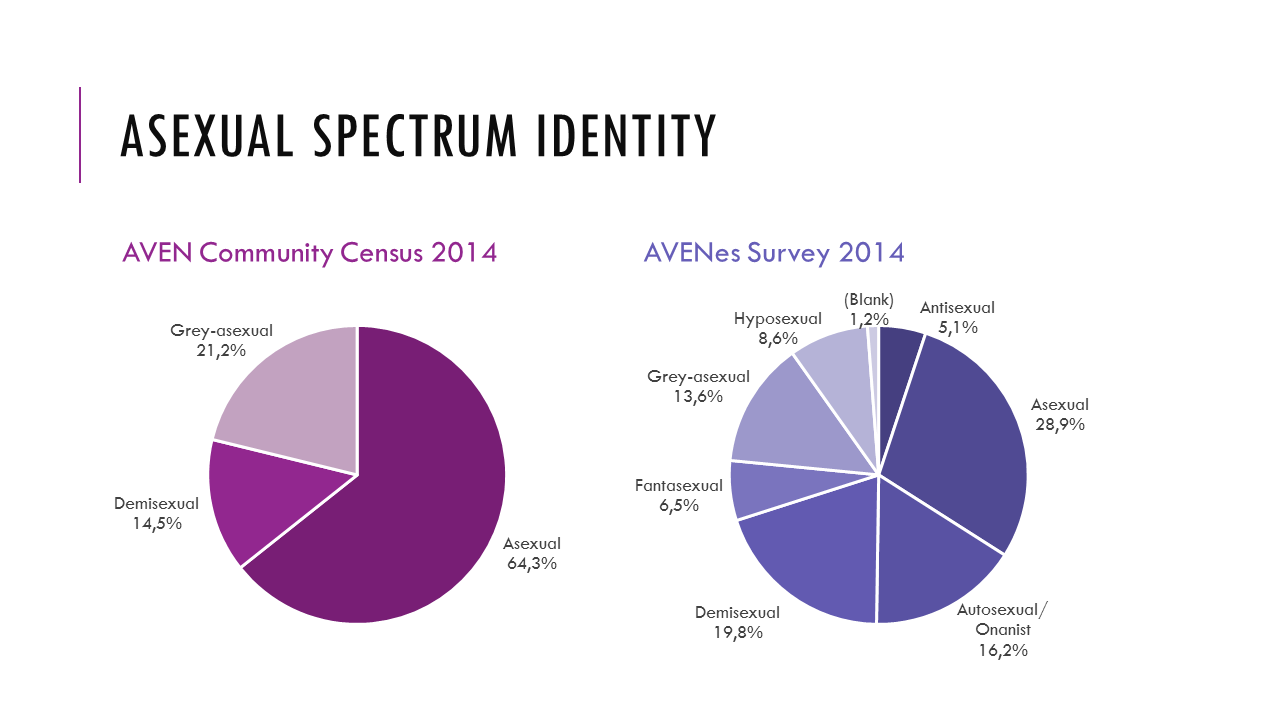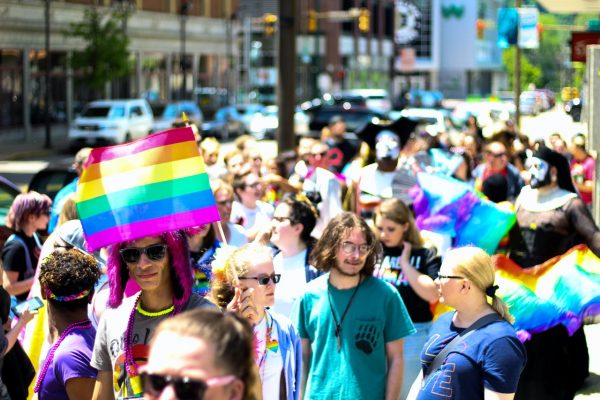Just like gender, sexuality also has a spectrum. Within asexuality, there is a spectrum of different identities.
First, when I titled this ace, this is the abbreviation for asexual. The word is often used to refer to asexual people in a similar manner as “gay” or “straight” are used.
Asexuality is an identity of someone who doesn’t experience sexual attraction towards other people but may experience romantic, emotional, or physical attractions to other people.
Ace identities form a spectrum of asexual, demisexual, and gray-asexual identities.
Here is an article about demisexuality, but Grey-A is a little bit more complex.
Grey-A is the grey area between asexuality and sexuality. Some people identify as being somewhere between the two. Grey-A identifying people can include people who
- do not normally experience sexual attraction, but do experience it sometimes
- experience sexual attraction, but a low sex drive
- experience sexual attraction and drive, but not strong enough to act on them
- enjoy and desire sex, but only under very limited and specific circumstances
Grey-A identities really represent a fluidity in sexual identities, as opposed to always being sexual.
Probably due to the fact that there is a lot of invisibility to these identities, there are a lot of misconceptions surrounding them. Here are some myths about asexuality:
- Asexuality is the same thing as celibacy: No, asexuals are not necessarily abstaining from sex. They are two different things; celibacy is a behavior, asexuality is a sexual orientation.
- Asexuals can’t have sex: Yes they can. Asexuality is not an illness; it’s an identity.
- All asexuals are virgin: No; since asexuals may sometimes feel sexual attractions, they may have had sex before.
- Demisexuals are judging people for having casual sex: Demisexuals is not an opinion about sex; it’s an identity.
- “Demisexuals are just straight people trying to be queer“: While there is a link between LGBTQIA+ identities and demisexuality, not all demisexuals are queer.
- “Demisexuals aren’t oppressed, and just want a label so they can make that claim” This is saying that people label themselves in order to be different and “act” as oppressed. Again, demisexuality is a sexual orientation, so people may choose to express it in order to form their identity and find community.
A list made with help from http://www.asexualityarchive.com/asexuality-misconceptions-and-mistakes/ and http://demisexuality.org/articles/myths-about-demisexuals/
The asexual community is another community to bring people together and encompass labels that help people find their identities. The cool thing about it is the fact that it includes another spectrum to show that many identities are so fluid.
Originally published on my blog: https://coloritqueer.wordpress.com/2016/04/22/on-ace-identities/






